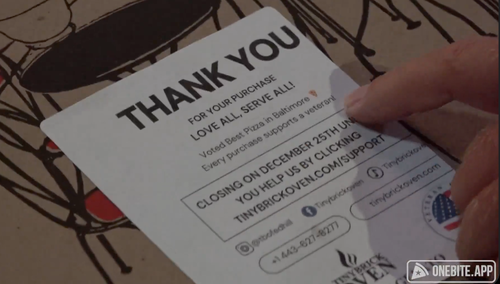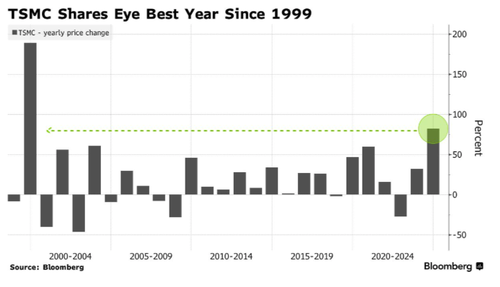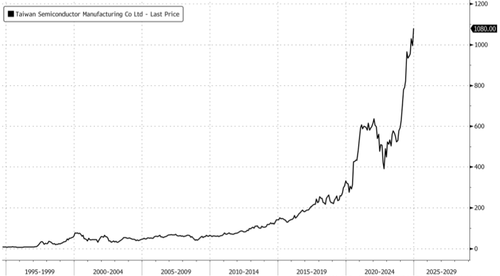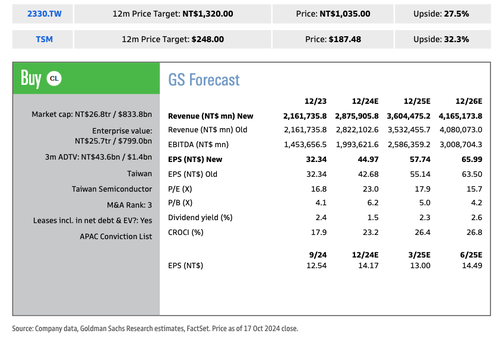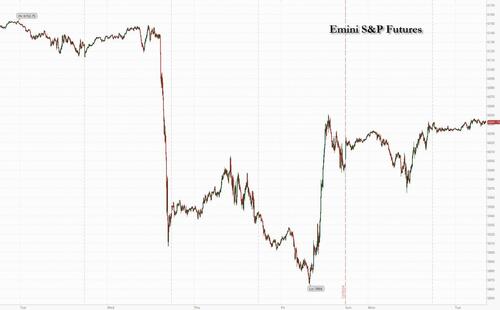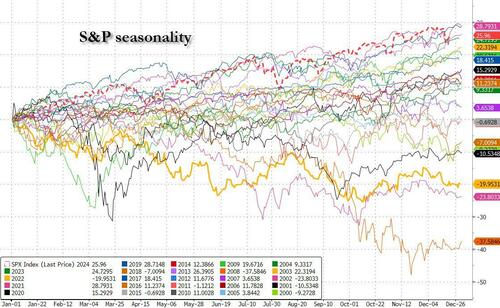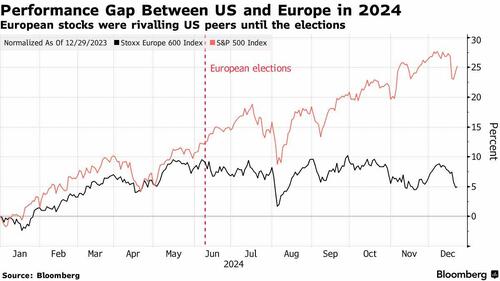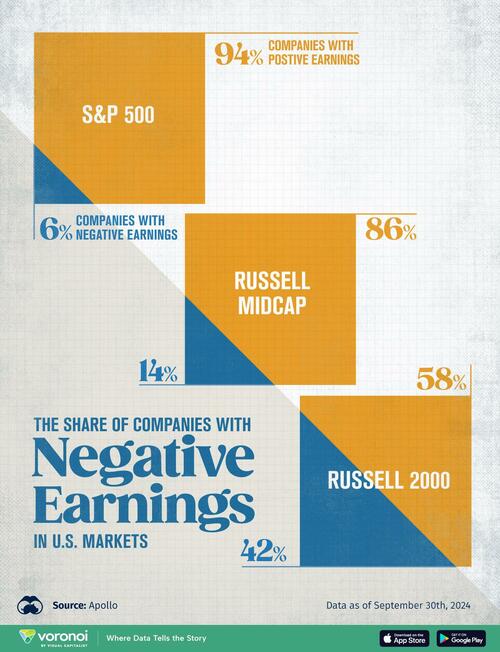The Joy Is Gone: A Liberal Hate-Fest For The Holidays
From looking forward to harassment at restaurants to the purchase of Antifa-themed Christmas gifts, some appear to be planning for a hate-fest in the New Year…
“May Trump supporters and Trump voters and Trump himself never know peace.”
Those words, from Disney’s new Snow White actress Rachel Zegler, came shortly after half of the country, roughly 77 million Americans, voted for Donald Trump.
Only a few weeks ago, Kamala Harris and her supporters were rallying the country to choose “love over hate.” Now, the “joy” is gone. Tis the season of the liberal hate-fest.
As Washington prepares for the inauguration, we are seeing a return to rage.
During the first Trump administration, liberal servers and restaurant owners pledged not to serve Trump officials.
Now, the Washingtonian is reporting on the planned resumption of the harassment of those serving in the Trump administration.
Zac Hoffman, manager at the National Democratic Club and “D.C. restaurant veteran,” told the magazine that abusing conservatives was only natural and understandable:
“You expect the masses to just ignore RFK eating at Le Diplomate on a Sunday morning after a few mimosas and not to throw a drink in his face?”
One bartender stated that:
Trump people may “theoretically [have] the power to take away your rights, but I have the power to make you wait 20 minutes to get your entrée.”
Suzannah Van Rooy, a server and manager at Beuchert’s Saloon on Capitol Hill, declared that she would not serve some Trump officials.
“It’s not, ‘Oh, we hate Republicans,’” she said. “It’s that this person has moral convictions that are strongly opposed to mine, and I don’t feel comfortable serving them.”
Beuchert’s later fired Van Rooy.
This campaign of hate is all too familiar to conservatives. Many remember when White House press secretary Sarah Huckabee Sanders and her family were kicked out of the Red Hen restaurant in Lexington, Virginia. As others were denied service or chased from restaurants, Democratic members like Rep. Maxine Waters, D-CA, supported such harassment.
For those restaurants not willing to follow the Red Hen model, the response was equally unhinged. Mariya Rusciano runs a D.C. pizza restaurant. She posted congratulations to Trump on X after the election to encourage everyone to come together as a nation. The response from Democrats was furious, filled with pledges to boycott the restaurant and force it out of business.
It is not just service and civility that are scarce in Washington. Even while accusing Trump of putting his political and personal interests ahead of the nation, Biden is now reportedly moving to veto a bipartisan bill to relieve pressure on our overwhelmed court system.
The Judges Act, supported by both Democrats and Republicans, would add 66 new judgeships to an over-worked court system. The White House supported the bill right up until Trump won the election. While some Democrats are still trying to get the White House to change its mind, liberal groups are applauding the expected veto “to prevent President Trump from having more vacancies.”
If Biden carries out his threat, it will be not only gratuitous but illogical. The bill deliberately staggers the addition of judges over the next decade so that presidents of both parties will presumably be able to appoint them. Moreover, the Senate is still closely divided, and “blue-slipping” (whereby senators can hold up some nominations) remains in effect.
More importantly, the reason for this bipartisan effort is due to a dire need for our courts. Judges are drowning in dockets with rising caseloads. In 2004, the number of cases in district court pending for more than three years was 18,280. This year, there are 81,617.
If justice delayed is justice denied, our court system is becoming a tar pit of injustice, with litigants left without verdicts or relief for years.
The word of the intended veto stripped away any pretense of the White House putting the public interest before politics. A veto would put rage before reason.
In my recent book, I discussed how addictive rage is. People do not like to admit it, but they like being angry. Sometimes, people can choose madness as a release from reality. It offers a righteous license to slip from the bounds of civility and decency. It allows people to harass Republicans in restaurants or to scream profanities outside of their homes.
It allows a president to say that he might block judgeships for a struggling court system, just because he does not want his successor to make any of the appointments.
It is the reason 41 percent of adults under 30 believe that killing others, like healthcare executives, is justified, according to an Emerson College poll.
We cannot seem to shake this rage addiction even after an election or during a holiday committed to peace and understanding. One liberal site, Crooked Media, is actually selling holiday items featuring the violent extremist group Antifa — one of the most anti-free speech groups in history, which routinely attacks journalists, speakers, and conservative demonstrators.
Created by former Obama staffers Jon Favreau, Jon Lovett, and Tommy Vietor, the Crooked Media site is selling a line of Antifa items for liberals, including Antifa onesies for infants and “Antifa Dad” shirts to seemingly celebrate political violence.
It seems the joy, bipartisanship, and civility have all expired like last year’s eggnog. Even Disney’s new Snow White seems to have taken the cue from the Evil Queen and treated this election as “a blast of wind to fan my hate.”
And we are not even at the inauguration yet.
* * *
Jonathan Turley is the Shapiro professor of public interest law at George Washington University and the author of “The Indispensable Right: Free Speech in an Age of Rage.”
Tyler Durden
Tue, 12/24/2024 – 11:20
via ZeroHedge News https://ift.tt/xStKyq9 Tyler Durden



